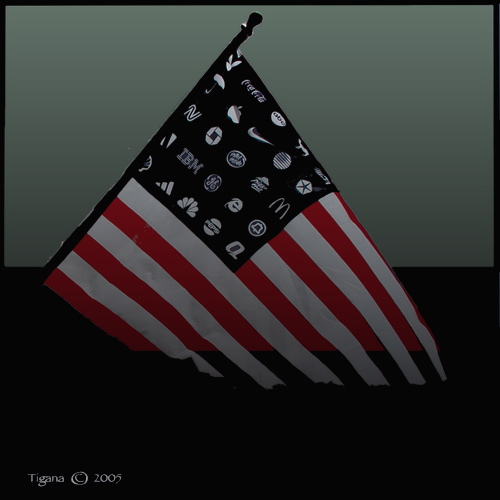The Trans Pacific Partnership (TPP) is a free trade agreement that President Obama is trying to “fast track” through the senate, making it impossible for them to filibuster it or propose amendments to the bill. There is a huge controversy involving the secrecy of this agreement, namely for internet freedom, labeling of GMOs, enviromental protection, and costs of medications. Leaked documents have made many wary about the bill and even some senators who are privy to the information in the negotiations are unhappy with how the bill will affect the public–but aren’t allowed to say more on the issue. While the elected representatives of the United States have been largely unable to view the documents about the TPP, over 600 corporate executives and lobbyists have had access to this information. These lobbyists work for companies such as Monsanto, Haliburton, and Walmart.
There are currently twelve countries in the negotiations of the TPP: The United States, Canada, Australia, New Zealand, Peru, Chile, Mexico, Brunei Darussalam, Vietnam, Malaysia, Japan, and Singapore. The TPP aims to build upon NAFTA’s blueprint for trade agreements. Unfortunately, NAFTA has led to major job losses in the United States, and may be responsible for up to 39% of the wage inequality in the U.S.
Not only are there the potential job loss and wage inequalities to consider, medications could become more expensive because of new patent laws in the TPP, making it impossible for third parties to create a generic version of medications. It would also nullify some environmental protection laws, make labeling of GMO foods illegal, and give corporations equal status as sovereign nations. Oil companies would be given the rights to sue governments for loss of profits, and essentially allow corporations to control our environment. If enacted, the TPP would control over 40% of the global GDP.
The Intellectual Property chapter of the TPP would heavily challenge free speech, privacy of internet users, and due process of the law. It would also expand copyright terms to 70 years after an author’s death–making it much more difficult to gather information. Enforcing the laws in the TPP would mean many innocuous reproductions, even memes, could become illegal for copyright infringement, and by sharing them you are a committing a criminal act.
The most disturbing aspect of Trans Pacific Partnership is that under the guise of rational economic efficiency, it runs counter to our democratic ideals in every way, from its legislative process to multinational corporate interests. TPP stands not for prosperity, progress, or democracy–only for capitalism and corporate greed.
Don’t like the TPP? Call your local representative and tell them to vote NO on Fast Track and the TPP, share links and information with people on social media sites, and organize! January 31 will be the International Day of Action Against the TPP!
Also in News: Why You Should Care About Water Fluoridation
New Bill May Overturn Hawaii’s GMO Ban
Why You Should Care About GM Wheat
__
Photo: nurpu via Flickr





